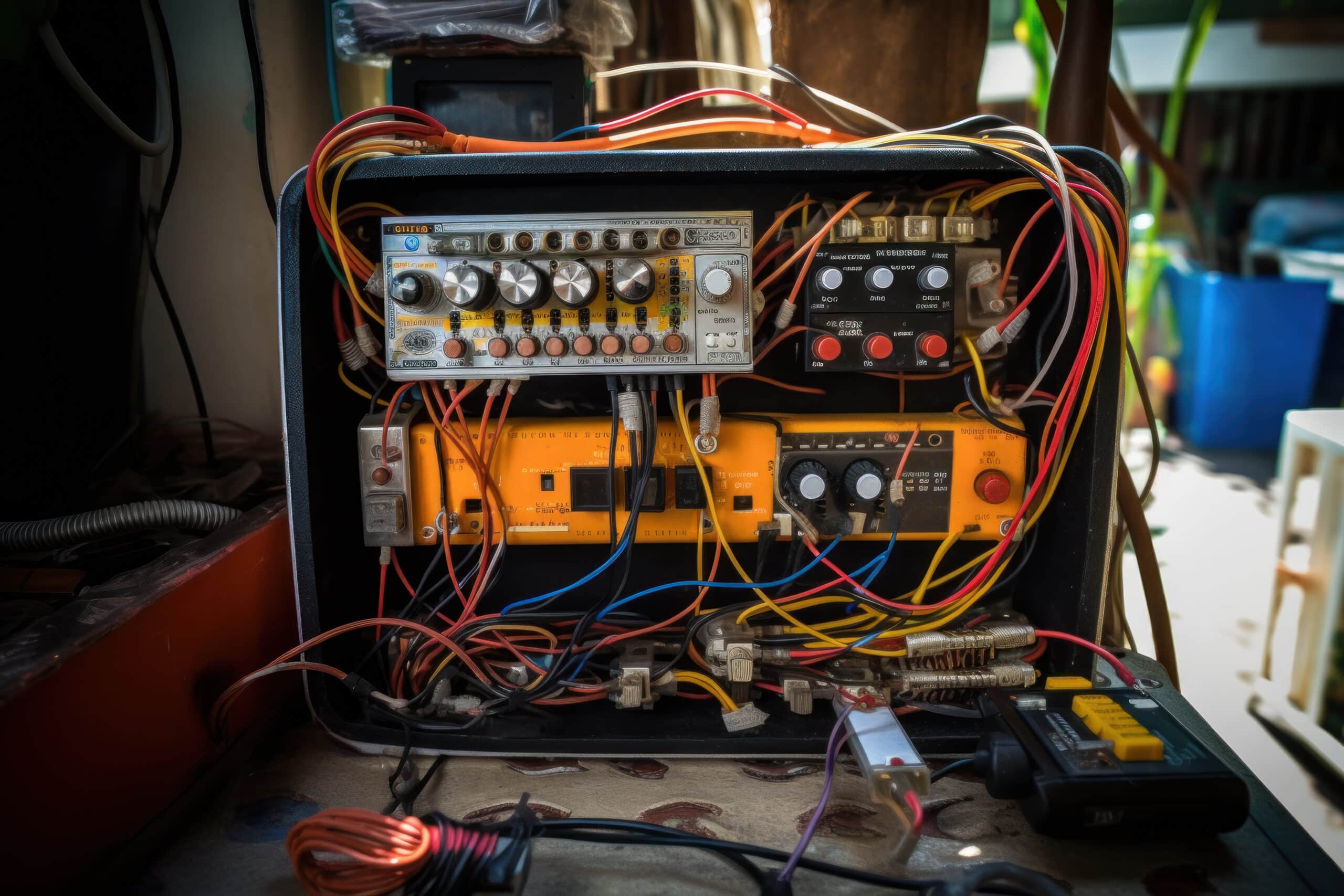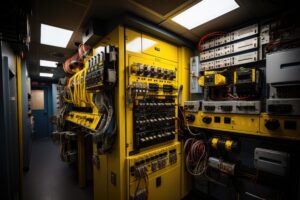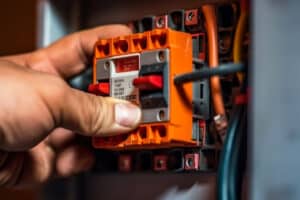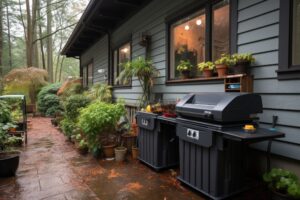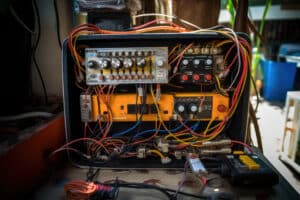Effective Ways to Use a Generator at Home
Key Takeaways
- Read the manufacturer’s instructions carefully to understand how to safely operate the generator and avoid potential hazards.
- Properly place the generator outdoors in a well-ventilated area to prevent carbon monoxide poisoning.
- Install battery-powered carbon monoxide alarms inside your home to detect any build-up of carbon monoxide and alert you to potential dangers.
Generators are valuable tools to have at home, especially during power outages or in emergency situations. They provide a reliable source of electricity to keep essential appliances and devices running. However, it is crucial to use generators safely and effectively to prevent accidents, ensure optimal performance, and maximize their efficiency. In this article, we will explore the best practices for using a generator at home, drawing information from reputable sources.
Read the Manufacturer’s Instructions
Before using a generator, it is essential to carefully read the manufacturer’s instructions and guidelines. Each generator may have specific requirements and safety precautions that need to be followed. By familiarizing yourself with the instructions, you can ensure that you understand how to operate the generator correctly and avoid any potential hazards.
Proper Placement
One of the key considerations when using a generator at home is where to place it. It is crucial to keep generators outdoors and away from any living spaces, including partially enclosed areas like garages or basements. Generators emit carbon monoxide, a deadly gas that can be harmful when inhaled. To prevent carbon monoxide poisoning, ensure that the generator is positioned in a well-ventilated area where exhaust fumes can disperse safely.
Install Carbon Monoxide Alarms
While placing the generator outdoors is critical, it is also important to install battery-powered carbon monoxide alarms inside your home. These alarms can quickly detect any build-up of carbon monoxide and alert you to potential dangers. Make sure to regularly test the alarms and replace the batteries as needed to ensure they are functioning properly.
Use Heavy-Duty Extension Cords
When connecting appliances to a generator, always use heavy-duty extension cords that are rated for the load you plan to connect. The cords should be in good condition, free from any damage, and suitable for outdoor use. Using the appropriate cords will help prevent overheating and ensure a safe and efficient power supply.
Professional Installation
If you are considering a permanent generator installation, it is recommended to hire a qualified electrician for the job. Professional installation will ensure that the generator is properly connected to your home’s electrical system and meets all necessary safety requirements. Alternatively, you can contact your utility company to inquire about installing a power transfer switch, which allows for seamless switching between utility power and generator power.
Keep the Generator and Fuel Outside
Generators should always be kept outside, even when not in use. Additionally, it is important to store fuel for the generator outside of your living spaces and away from any fuel-burning appliances. Storing fuel in a safe location reduces the risk of fire or explosion.
Refueling and Maintenance
When refueling the generator, always turn it off and allow it to cool down before adding fuel. This prevents accidental fires or burns. Regular maintenance is also crucial to keep the generator running efficiently. Check the oil and coolant levels, inspect the battery, and clean or replace air filters as needed. Following the manufacturer’s recommended maintenance schedule will ensure the generator is reliable and ready to operate when needed.
Conclusion
Using a generator at home can provide peace of mind during power outages or emergencies. However, it is important to follow best practices to ensure safe and effective use. By reading the manufacturer’s instructions, properly placing the generator outdoors, installing carbon monoxide alarms, using heavy-duty extension cords, considering professional installation, keeping the generator and fuel outside, and performing regular maintenance, you can maximize the efficiency and lifespan of your generator while keeping your home and family safe.
Related Websites:
FAQs:
Q: What is a home generator and how does it work?
A home generator is a device that provides backup power during outages or emergencies. It works by converting mechanical energy into electrical energy through an internal combustion engine.
Q: What are the benefits of having a home generator?
Having a home generator offers several benefits. It ensures that essential appliances and systems, such as refrigerators, heating or cooling systems, and medical equipment, continue to function during power outages. It also provides peace of mind and enhances safety and comfort during emergencies.
Q: How do I determine the power requirements for my home generator?
To determine the power requirements for your home generator, you need to calculate the total power consumption of your household appliances. You can do this by using the wattage information provided on the appliances or consulting an electrician. By estimating your power needs, you can choose an appropriate generator size.
Q: Why is regular maintenance important for a home generator?
Regular maintenance is crucial for a home generator to ensure its longevity and optimal performance. Tasks such as oil changes, filter replacement, and battery checks help prevent breakdowns and ensure the generator is ready for use when needed. Proper storage during periods of non-use also extends the lifespan of the generator.
Q: How do I safely start and operate a home generator?
To safely start and operate a home generator, it is important to carefully follow the manufacturer’s instructions. This includes proper fueling, ensuring adequate ventilation, and taking necessary precautions. If you encounter any startup issues, refer to the troubleshooting section of the generator’s manual for assistance.

